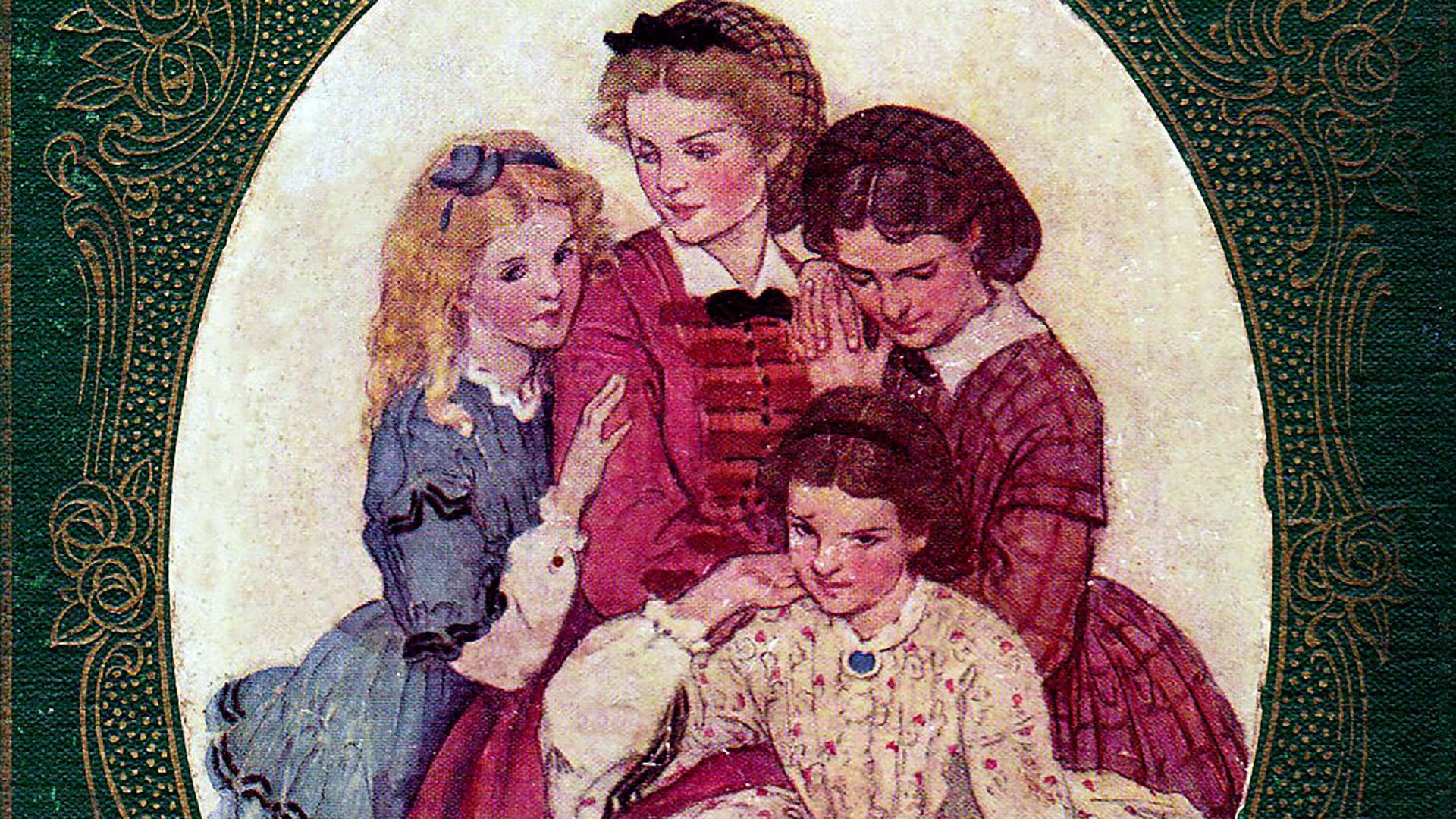
8 Things You Might Not Have Known About Louisa May Alcott
Louisa May Alcott, a prominent American author best known for her novel "Little Women," is indeed a fascinating figure in American literature. Beyond her well-known works, Alcott was also deeply involved in social reforms of her time. Here are ten intriguing facts about her life and career that you may not know:
1. Birth and Early Life
:max_bytes(150000):strip_icc()/Louisa_May_Alcott-5c7a18de46e0fb000140a43e.jpg)
Born on November 29, 1832, in the historic city of Germantown, Pennsylvania, Louisa May Alcott was one among four daughters. Each of her sisters would grow to have a profound influence on her life and work, shaping her experiences and, consequently, her writings.
2. Family Influence

Alcott was born into a family that was deeply entrenched in the Transcendentalist movement, a significant philosophical movement that championed the inherent goodness of individuals and nature, a belief system that would go on to profoundly colour her writing and outlook.
3. Early Professions

Prior to her remarkable success as an author, Alcott undertook various jobs to financially support her family. She served as a teacher, a seamstress, a governess, and even a nurse. These diverse experiences provided rich material for her writings, often permeating her narratives.
4. Civil War Nurse

Alcott's commitment to service led her to serve as a nurse during the Civil War. Unfortunately, she contracted typhoid fever during her tenure, a harrowing experience that deeply affected her. It also inspired her first published book, the insightful "Hospital Sketches".
5. "Little Women"

In response to a publisher's request for a “girls’ story”, Alcott penned "Little Women". This novel, a semi-autobiographical account of her experiences with her own family, swiftly became her most famous work and a beloved classic of American literature.
6. Personal Life

Despite the societal norms of her time, Alcott chose not to marry or have children. She was a fiercely independent woman who lived life on her own terms.
7. Social Reformer

Even in the face of her own family's poverty, Alcott was deeply committed to social reform. She was a fervent suffragette who actively registered women to vote, and she was also deeply involved in abolitionist activities.
8. Her Death

Marked by deep familial ties and a hint of tragedy, Louisa May Alcott passed away on March 6, 1888, just two days after the death of her father.
These intriguing facts about Louisa May Alcott reveal a multifaceted woman of deep commitment to her craft and society. Her significant contributions to literature and her role in shaping societal norms continue to inspire and resonate with readers around the globe. Celebrate Alcott and her influence on our world with our 'Little Women' book bag and wear your story.



